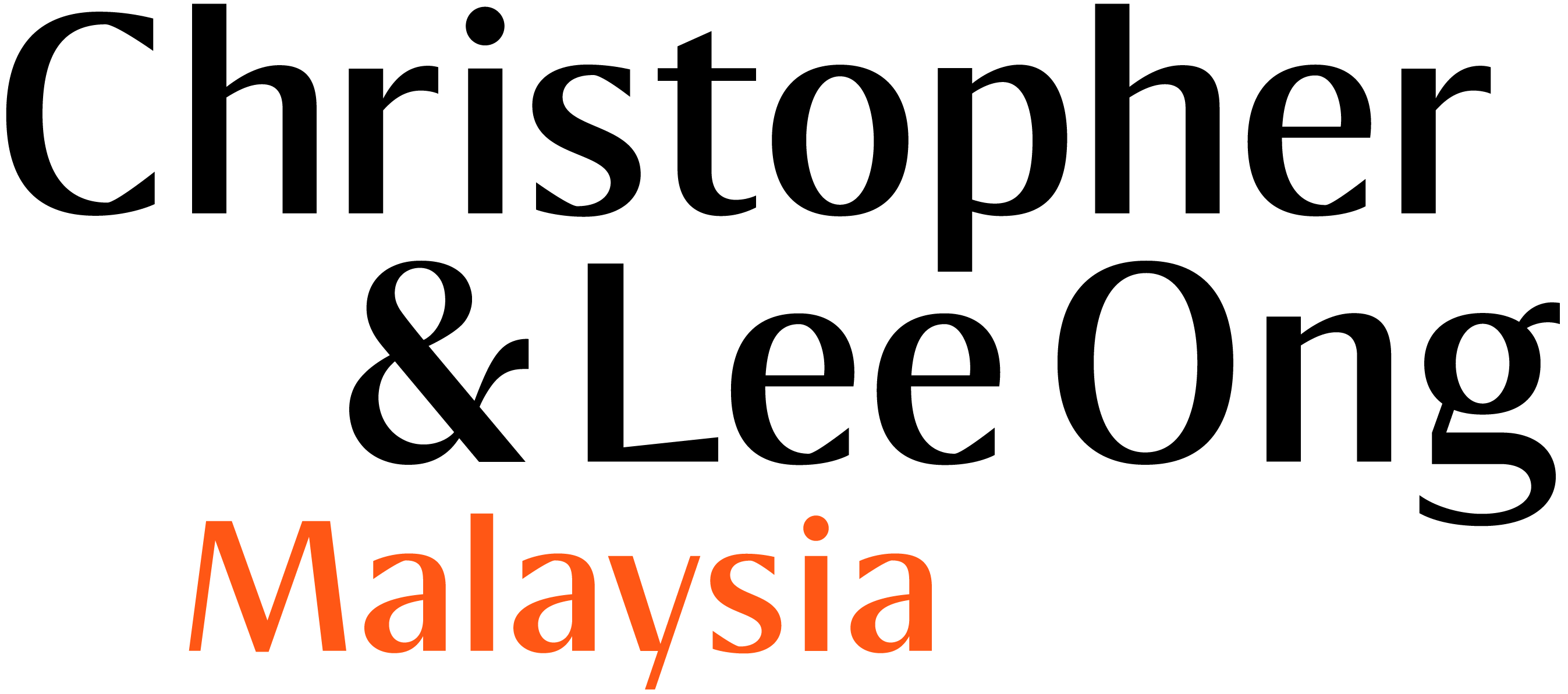Shipping and international trade have been at the forefront of global attention in the first half of 2025, particularly amidst the uncertainty arising from the announcement of tariffs to be imposed by the United States of America against a wide swath of nations (including those located in the Southeast Asian region), a dramatic hike in fees to be imposed against Chinese-owned or operated vessels, and reciprocal actions proposed to be taken by a number of governments. Against the backdrop of such upheaval, governments have been seeking to strengthen their respective maritime law frameworks, undertaking amendments to their respective shipping laws and introducing new regulations. There have also been a number of noteworthy cases deciding key issues of shipping law.
In this Update, we highlight some of the key developments in the region.
In the area of legislation and policy, regulators have been busy making enhancements to their respective shipping law frameworks. In Indonesia, a new draft of the Government Regulation on Organisation of Shipping Sector has been circulated, setting out stricter requirements for foreign joint ventures, clarifying the licensing framework, and expanding vessel registration procedures. In Singapore, the country’s first Free Trade Agreement to include a chapter on international maritime transport services, i.e. the Pacific Alliance-Singapore Free Trade Agreement, has entered into force, and the Transport Sector (Critical Firms) Act 2024 has come into operation, imposing extended control over designated entities, including port authorities. Vietnam has seen a sweeping administrative reorganisation, which has effected changes to the jurisdiction of its courts to issue arrest orders for vessels and aircraft, as well as mergers of certain provinces with neighbouring coastal provinces. Malaysia has introduced a new regulation aimed at tightening enforcement against illegal ship-to-ship oil transfers, while Thailand has introduced a slew of measures targeting port congestion.
There have also been a number of amendments made to the licensing requirements across various jurisdictions. These include the introduction of more stringent licensing requirements for motor vessels operating on fixed routes and more streamlined licensing requirements for fishing vessels in Thailand, and the finalisation of the methanol bunkering standards in Singapore. The areas of ship safety and seafarers’ welfare have also seen some movement, with the Philippines having issued a circular on mandatory insurance coverage for seafarers, and Thailand having amended its maritime labour law to meet global standards for seafarer rights and protections and having issued a notification on cargo ship safety equipment.
Finally, the courts have determined a number of maritime cases which came up for decision. In Singapore, the courts have had to deal with cases involving multiplicity of proceedings, a common issue in shipping disputes, including proceedings that spanned the Singapore courts, the Indonesian courts, and an arbitral tribunal. In Malaysia, the courts have examined how the change in ownership of a vessel would affect the right to intervene in ship arrest proceedings. The Thailand courts have considered the carrier’s obligation to notify a consignee upon the arrival of goods at the destination port, and liability for failure to do so.
As abundantly demonstrated above, the shipping industry in the region is in a state of rapid development. Industry players should seek to keep informed of the latest changes in legislation, regulations, and policies, and to determine how these changes might apply to them or affect their operations. Rajah & Tann hopes to keep you updated on these latest developments. Please feel free to reach out to us if you wish to discuss these issues.
For more information, click here to read the full Legal Update.
Disclaimer
Rajah & Tann Asia is a network of member firms with local legal practices in Cambodia, Indonesia, Lao PDR, Malaysia, Myanmar, the Philippines, Singapore, Thailand and Vietnam. Our Asian network also includes our regional office in China as well as regional desks focused on Brunei, Japan and South Asia. Member firms are independently constituted and regulated in accordance with relevant local requirements.
The contents of this publication are owned by Rajah & Tann Asia together with each of its member firms and are subject to all relevant protection (including but not limited to copyright protection) under the laws of each of the countries where the member firm operates and, through international treaties, other countries. No part of this publication may be reproduced, licensed, sold, published, transmitted, modified, adapted, publicly displayed, broadcast (including storage in any medium by electronic means whether or not transiently for any purpose save as permitted herein) without the prior written permission of Rajah & Tann Asia or its respective member firms.
Please note also that whilst the information in this publication is correct to the best of our knowledge and belief at the time of writing, it is only intended to provide a general guide to the subject matter and should not be treated as legal advice or a substitute for specific professional advice for any particular course of action as such information may not suit your specific business and operational requirements. You should seek legal advice for your specific situation. In addition, the information in this publication does not create any relationship, whether legally binding or otherwise. Rajah & Tann Asia and its member firms do not accept, and fully disclaim, responsibility for any loss or damage which may result from accessing or relying on the information in this publication.








